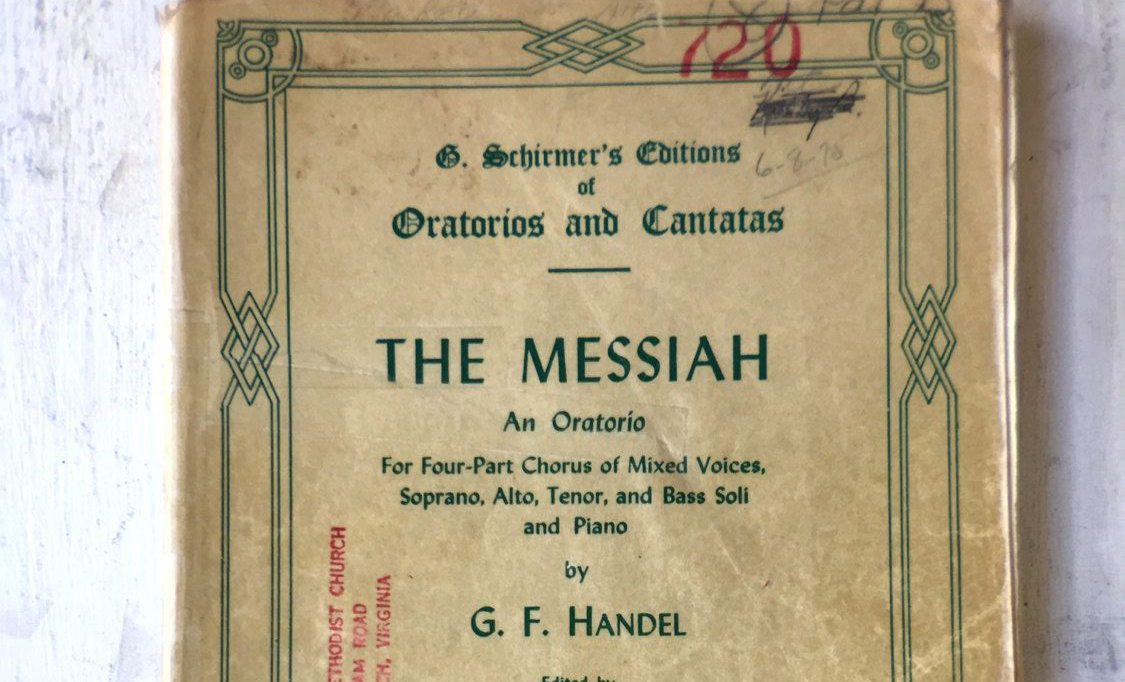Reviews
A Theology of Health: Wholeness and Human Flourishing
By Tyler J. VanderWeele
(Notre Dame Press 2024, $42)
Health garners more energy than maybe another field in American life, both as a topic and as an industry. Curiously, though, coming up with a positive definition of health can be elusive. In A Theology of Health, Tyler VanderWeele, who teaches and leads a center at Harvard University and who contributes regularly to this magazine, presents a Christian theology of health. He argues that in whatever application, health means the wholeness designed, and he locates the cause of unhealth in sin. VanderWeele’s stated desire is to explain a Christian vision of health both to a believing and secular audience in order to “give rise to more frequent conversations about what we mean by health and greater clarity about what ends we are seeking when we work to promote health.”
VanderWeele’s book puts health into a theological framework of creation, fall, and redemption, and the book’s organization reflects that. Yet he takes pains to demonstrate the usefulness of his formulations for a broad audience — mainly through the kind of data his work at Harvard produces. Released September 15.
The Wages of Peace: How to Confront Economic Inequality and Love Your Neighbor Well
By Brian Humphreys
(Herald Press 2024, $19.99)
Wages are low, and the cost of living is high. This isn’t news. But will it always be this way? To some degree, yes, Brian Humphreys writes in The Wages of Peace. “As even Jesus acknowledged,” he writes, “the poor will always be with us.”
Essential to loving our neighbor is understanding and addressing economic inequalities. In fact, Humphreys writes, “Scripture talks about money at least as much as it talks about peace.” To begin, we must understand these two significant yet often oversimplified terms.
Humphreys clarifies: Peacemaking will not create utopia on earth — but it isn’t meant to. And though money is the object of greed and a path to power, it is inherently neither.
Humphreys work has long consisted of community economic development and the search to understand inequality. He seeks to equip more Christians to enhance their ministry work with economic development and an emphasis on living wage jobs.
Here he offers an understanding of what it means to love a neighbor as well as practical guidance for where that starts: “There has never been a better time to be a peacemaker and to love our neighbors as ourselves, according to what they tell us they need, rather than what we want to give them. The only caveat is that much of the time, our neighbors will tell us that what they really need is a job.” Released October 1.
That’s on Me: Seasoned Executives Confess Their Rookie Mistakes
By Mike McHargue
(Greenleaf Books 2024, $24.95)
If you’re a leader, you’ve been a leader, or you just know someone who leads something, you’re aware that leaders tend not to be the most self-effacing group. Partly this reflects a confidence likely useful to the act of leadership, but it also can do a major disservice to those being led.
“I have seen experienced executives and rookie leaders alike make the same leadership mistakes over and over,” writes author Mike McHargue in the introduction to That’s on Me. “In fact, I made many of those same mistakes both as a junior leader and sometimes now as a veteran leader. But I can say with conviction that many of my errors could have been avoided, had a seasoned executive or two (or in this case, 35) offered a little advice or shared a relevant experience as I chartered those new leadership waters.”
That little advice is what’s inside this book. McHargue, who runs an organizational health consultancy, presents interviews with business leaders about the failures of their earlier careers and the lessons they learned from them. The “confessions” stay pretty innocuous and pretty managery — motivating teams, developing talent, running meetings, that kind of thing. The settings are almost all corporate, but leaders in other industries will likely find plenty of overlap, and both will almost certainly benefit from That’s on Me. Released October 29.
Here’s the etcetera part. The podcasts, music, movies, and books that we’re recommending this autumn.
 Nexus: A Brief History of Information Networks from the Stone Age to AI
Nexus: A Brief History of Information Networks from the Stone Age to AI
By Yuval Noah Harari
(Random House 2024, $35)
Humans face an existential crisis, but the culprit may be unexpected, at least in Yuval Harari’s vision. It’s (mis)information. In this already-everywhere book, Harari tours the history of how information shapes the world, and argues aggressively that interpretation of info, not access, determines flourishing. Released September 10.
Bake & Pray: Liturgies and Recipes for Baking Bread as a Spiritual Practice
By Kendall Vanderslice
(Tyndale Momentum 2024, $22.99)
Kendall Vanderslice bakes bread for more than a quiet moment. Over and over in Scripture, she writes in her new book, bread marks God’s provision. Vanderslice offers an invitation to remember this truth and, with prayer, to see the ways an everyday task can nourish the spirit. Yes, recipes included. Released October 8.
The Arts of Leading: Perspectives from the Humanities and the Liberal Arts
Edited by Edward Brooks and Michael Lamb
(Georgetown University Press 2024, $29.95)
Let’s be honest. References to art within leadership conversations trend toward cheap illustrations. The Arts of Leading goes deeper, collecting a dozen arguments for the humanities as formational for leadership models. Finally. Released December 1.
Grace and Social Ethics: Gift as the Foundation of Our Life Together
By Angela Carpenter
(Baker Academic 2024, $27.99)
If gift, rather than merit, forms the basis of anthropology, what difference might that mean for (social) ethics? A big one, according to Angel Carpenter. She constructs what she calls a “graced anthropology,” and applies it to social ethics such as labor, criminal justice, and gun violence. Released November 12.
Reclaiming Quiet: Cultivating a Life of Holy Attention
By Sarah Clarkson
(Baker Books 2024, $18.99)
Quiet is something we were made for, Sarah Clarkson argues in her new book. But most of us have likely forgotten it. “Quiet, for a child, is native, and in that sense, I barely remember it,” she admits. In Reclaiming Quiet, Clarkson assures readers that this “state of the heart” is still discoverable. Released November 5.
Hemingway’s Faith
By Mary Claire Kendall
(Rowman & Littlefield 2024, $32)
Ernest Hemingway is known for his literary masterpieces, as well as for a boisterous spirit. He is not often remembered for his faith. Biographers have acknowledged his Catholicism, to which he converted during World War II, but many have called it “nominal” or even “bogus.” In Hemingway’s Faith, Mary Claire Kendall seeks to understand the quieter side of Hemingway’s life, the faith that informed his work. Released December 17.
Also
Chef’s Table: Noodles
The show that defines dedicated expertise, with pasta
Streaming (Netflix)
The Serviceberry
A creational model of abundance and reciprocity
Out November 21
Entitlement: A Novel
Familial, corporate succession, could be “Breaking Greedy”
Out September 17
Personal Best: Season 3
Ordinary people learn to do ordinary things.
Out September 10



 Nexus: A Brief History of Information Networks from the Stone Age to AI
Nexus: A Brief History of Information Networks from the Stone Age to AI













